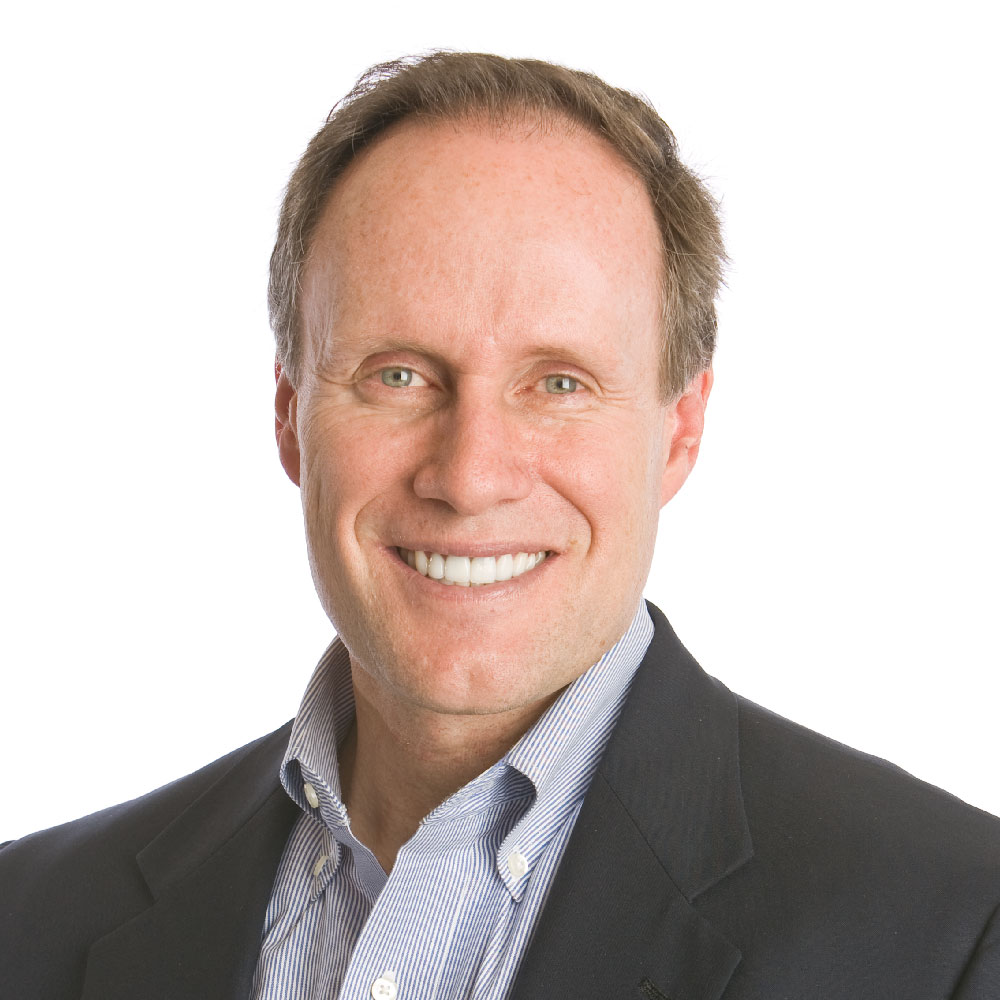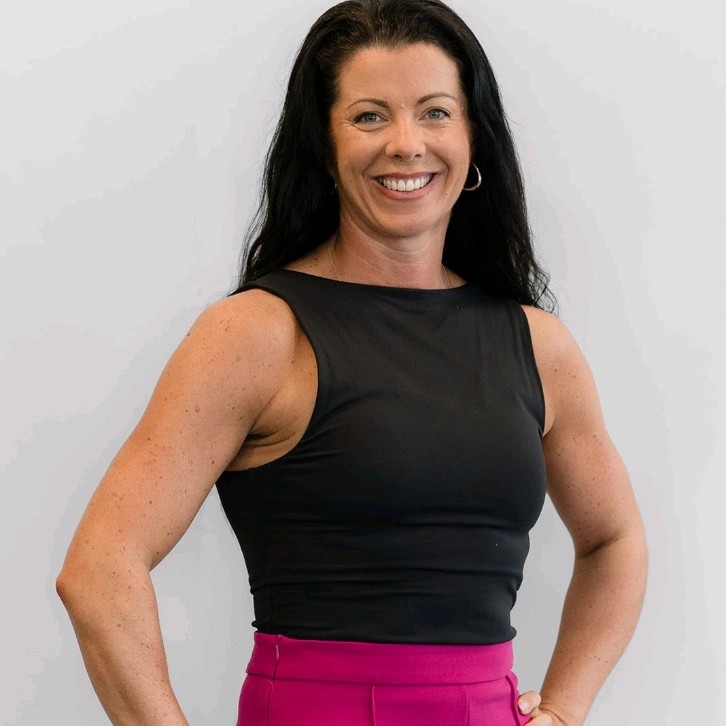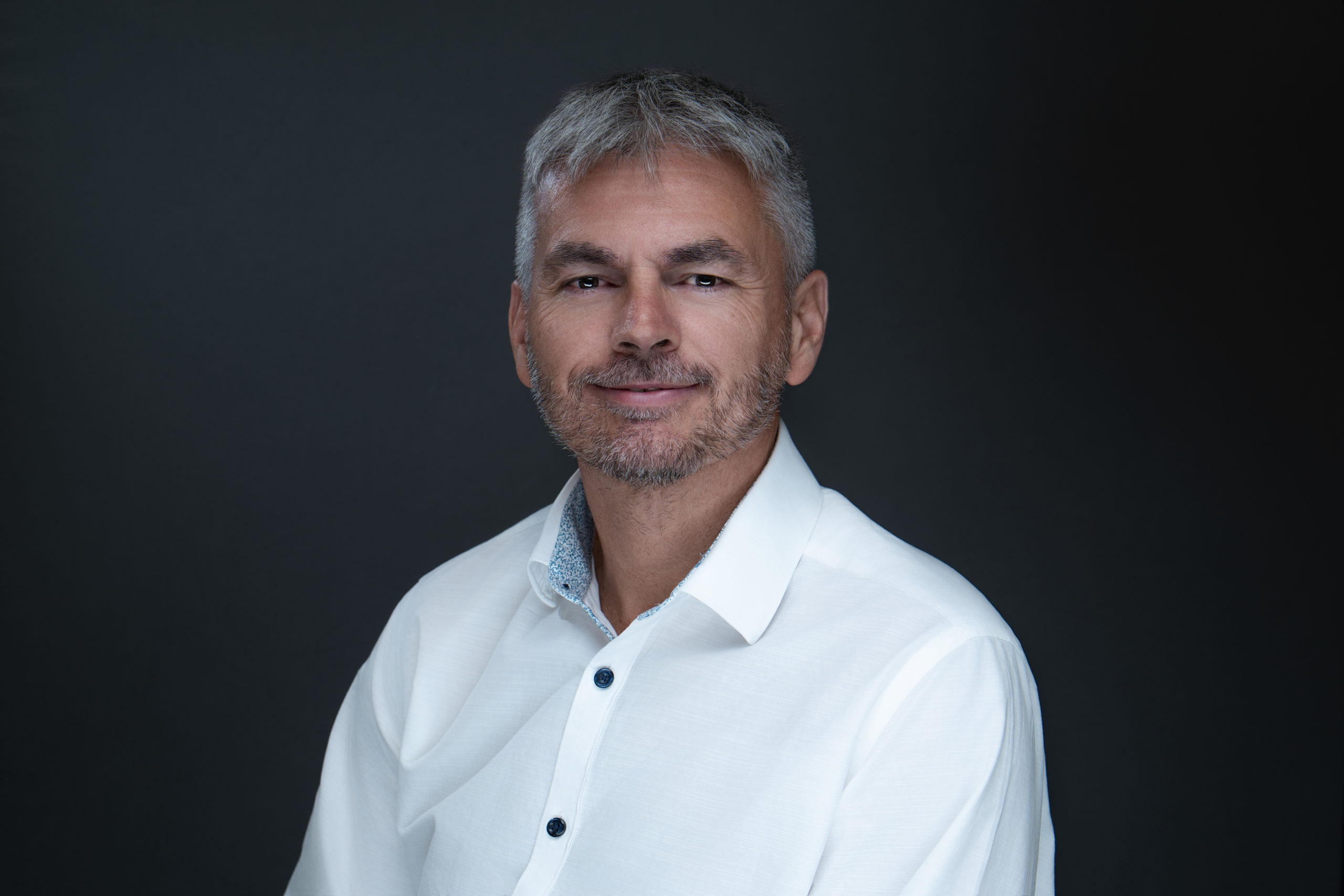
Stephen M. R. Covey is an American writer and public speaker and the author of the book The Speed of Trust – the One Thing That Changes Everything. He is the former CEO of Covey Leadership Center which, under his stewardship, became the largest leadership development company in the world. He received an MBA from Harvard Business School. Here he talks to Modern Law about the role of trust in a client context.
MLM: How is trust an economic driver?
SC: The trust issue affects the speed at which we can move in a business situation and the associated cost. So when people don’t trust each other they have to take time-consuming steps to check if what the other person is saying is accurate and honest and truthful, and what their agenda is. You then have to validate, you have to verify, which all takes longer and costs more. The speed at which you can communicate goes down when the trust goes down – and the cost goes up when the trust goes down. So if you don’t trust someone, you have to take steps to compensate. And that’s true whether it’s in a relationship, in a team, or in a client situation.
In simple terms there’s a high cost to low trust – I call it a ‘low trust tax’. But the good news is that the high trust dividend is equally real when people do trust each other. And with trust comes confidence, and the ability to move fast with less cost. I often say, ‘nothing is as fast as the speed of trust’. And when you can move faster with less cost that impacts positively on your margins, your profitability. In fact, all the economic measures improve, and it’s a reframing of trust to say it’s not just a nice social virtue, which obviously it is, but it’s also a strong an economic driver. High trust is a multiplier which makes us better at everything. Low trust is a diminisher. A recent study showed that high trust organisations outperform low trust organisations by 286%, that’s almost three times higher.
MLM: …And how does trust drive critical areas of performance?
SC: Not only does trust affect the economics, it also affects every other aspect of leadership. Take building teams within your law firm, without trust you’re not a team you’re just a group. Trust turns a group into a team and a team needs to collaborate rather than just coordinate. And while you don’t need trust to coordinate, you’re leaving so much value on the table, such as engaging more effectively with clients, and nothing engages people better than being trusted. So to engage profitably with a client, trust is the place to start.
MLM: Is trust simply a direct descendant of honesty – or do other factors lead to trust?
SC: Honesty is a key factor but not the only one. For example, someone could be honest with integrity but not be able to deliver a result, because they may lack skills or competency, or a track record. Now I might be happy for that person to look after my home while I’m on holiday, because they’re honest, but I might not trust them with the key client, the key project, the key deliverable. So I need to see their character side, which is the honesty, plus their competence – in other words can they perform, can they deliver?
So character and competence are both required to create trust. Character is then divided into integrity and intent. And competence is divided into capabilities, which might be expertise in a certain area of law, and results, which is their track record in delivering. Taking the tree as a metaphor, the roots and trunk are the integrity and intent. The branches and the fruits are the capabilities and the results. And you need all four dimensions. Integrity and intent flowing from your character and capabilities and results flowing from your competence.
I believe that a client wants all four of those dimensions from their solicitor. And it’s not only true regarding clients, it also applies to team members within the law firm working together to service its clients.
MLM: In a digitalised world can clients gain the same level of trust if face-to-face interaction is reduced?
SC: Without doubt it’s easier to build trust when working together with face-to-face interaction. Technology makes communication simpler and speedier in client situations where you’ve never met face-to-face, and maybe never will, but it’s still possible to build a high trust relationship in virtual or remote settings, it just has a higher degree of difficulty. To use an Olympic diving example, not all dives are created equal, some are more difficult, some less difficult. And there’s a degree of difficulty attributed to a dive. A dive is rated based on the degree of difficulty and the execution of that dive – and that gives you a combined score. So, in a virtual setting, or a remote setting, where you are not face-to-face the degree of difficulty is higher. But the principles of how you build trust are still the same. It’s about your credibility and your behaviour. And it’s being remote that gives it a higher degree of difficulty, this puts a premium on being more deliberate and more intentional about our desire to build trust. So, it’s more important to declare intent and to signal behaviour in order to build trust, especially if you’re not proximate. If a commitment is made to a client, that has to be maintained, and when you speak to a client, speak honestly without spin or deception. If ever there’s an issue, go direct to the client and don’t beat about the bush. Building trust happens faster if you signal your behaviour by saying what you’re going to do and then doing it. And in remote settings we must be more deliberate about our intentions in order to build the trust that creates long-term involvement.
MLM: If there’s a ‘trust gap’ in an organisation, how do you bridge/close it?
SC: To restore or regain trust we can’t talk our way out of a problem that we behaved our way into. Words alone, though necessary, are insufficient. Simply to say, ‘Hey, sorry, I made a mistake, I’ll rectify it going forward, trust me!’ is not enough. The words are helpful but they key thing is to actually do the things that have just been said. In other words, you have to behave your way back into trust. And I believe that we can, in most cases, behave our way back into trust. There’s a Dutch expression that says, ‘trust comes by foot and leaves by horse’. It takes longer to build trust but it can vanish fast, and rebuilding it can take even longer than it took to build in the first place. It’s a more arduous process because you’ve not on a level playing field anymore, you’ve already in a deficit, so the need to be intentional, deliberate and explicit is the best way to right the wrong.
MLM: Is organisational trust the new business currency for today and the future?
SC: In a collaborative world, in a reputation economy, and an age of disruption, I believe the new currency is trust, because it enables us to do everything better and faster and to adapt to the changes and disruption that’s hitting the law sector. If you start with trust, the ability to achieve things goes up dramatically. Firstly, the business case for trust is that it’s an economic driver. Secondly, trust is the one thing that changes everything in leadership. So, if we’re good at trust we can do everything else better. We can collaborate, build teams, engage, innovate, create, lead change, execute strategy – and they all go up with trust and go down with distrust, so it’s high-leveraged. Third, and this is my main message, trust is a learnable skill. It’s a competency that builds from within us to be projected into our personal relationships, our organisations, and crucially out into the market and our client relationships. And we do that by focussing on our credibility, that’s the four dimensions I mentioned, integrity and intent flowing from our character, capabilities and results flowing from our confidence – and our behaviour. How we do what we do. Talking straight. Creating transparency. Listening first. Keeping commitments. Extending trust. We behave our way into trust.




